I have the following code:
#include <iostream>
using namespace std;
typedef uint8_t byte;
int main()
{
byte x[5] = {0,1,2,3,4};
byte* xptr = x;
for (int i = 0; i < 5; ++i)
{
cout << "\n x[" << i
<< "] = " << *xptr
<< " at " << xptr;
xptr = xptr + 1;
}
xptr = xptr - 5;
cout << "\n\n\n";
}
the output contains strange characters as follows:
I expect this is because the underlying type of uint8_t is related to the char data type.
I know I can do some explicit type conversions to get it work as follows:
cout << "\n x[" << i
<< "] = " << (int)*xptr
<< " at " << (void*)xptr;
also, I know I can make class to handle it myself.
However, I prefer not to use type conversion or make a special class if possible.
I went through the Internet and I got this on StackOverflow, but it did not help.
So, is there a native way to have an 8 bit integer type on C++ that acts exactly like int and short with all standard libraries? or this is just one of the countless C++ unconvincing* feature absence?
*at least to me.

